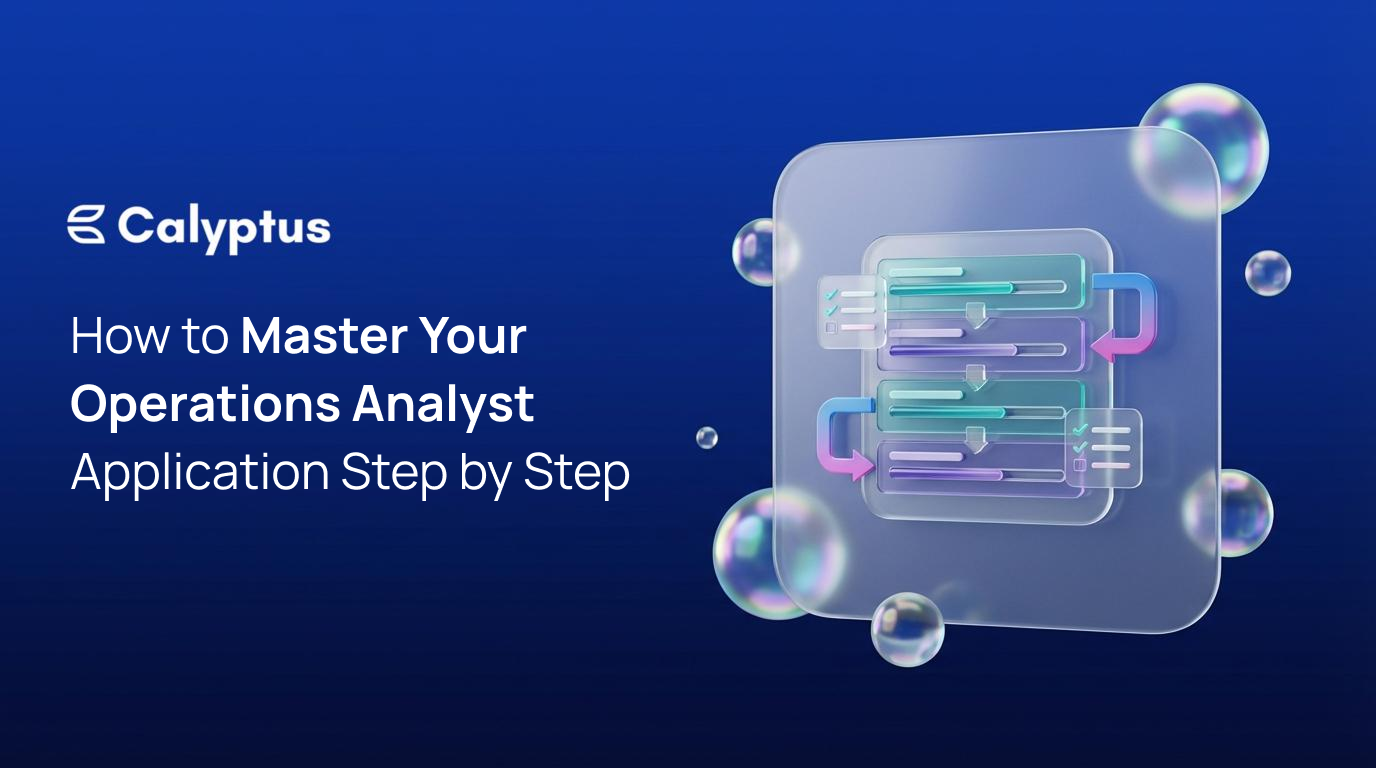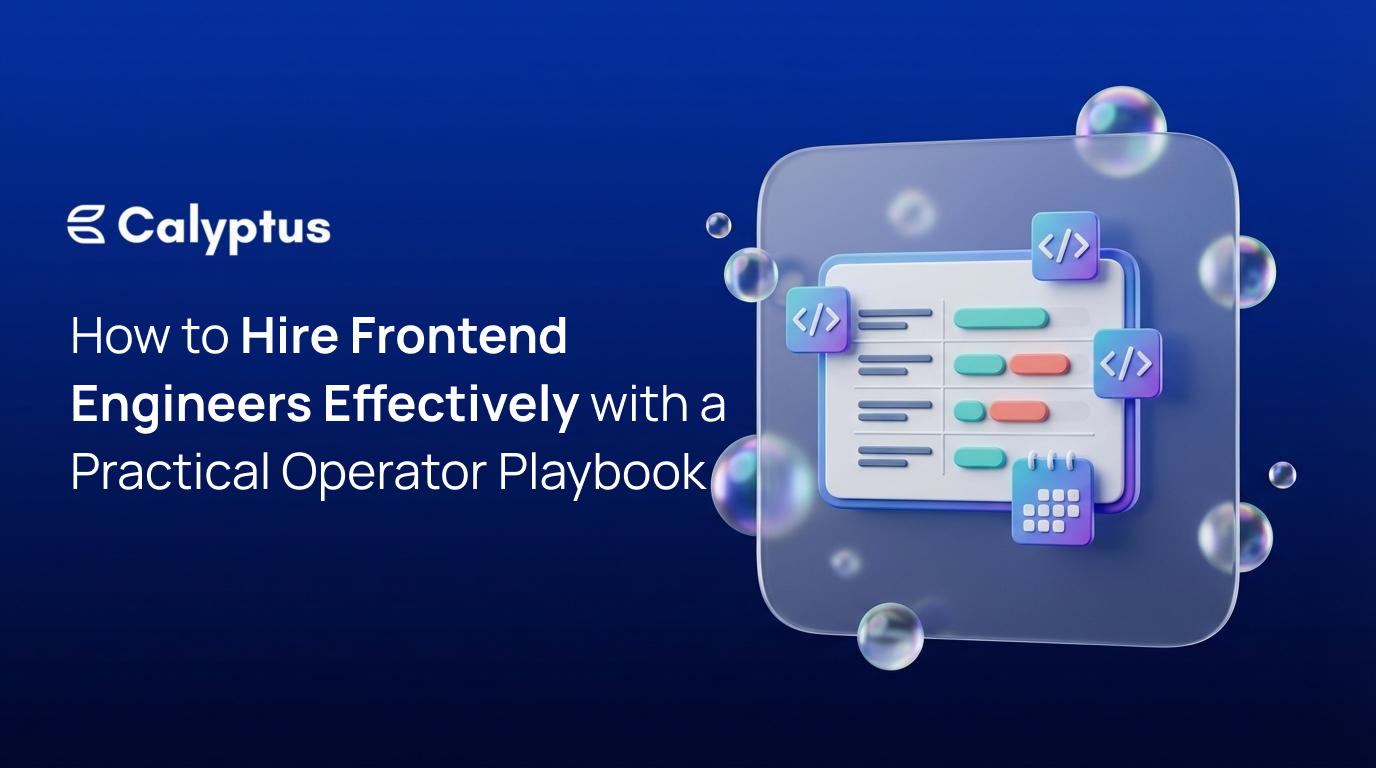In this edition of Coffee with Calyptus we sit down with Tessa Clarke, Co-founder and CEO of the food-sharing platform Olio. After senior stints at BCG, Dyson and Wonga, she leapt into entrepreneurship to fight the global food-waste crisis and now serves 8 million users across more than 60 countries. Tessa explains how profit can power purpose, what it really takes to scale a volunteer-driven community, and why AI already writes up to half of Olio’s new code.

You made a major move from big name companies like BCG, Dyson and Wonga to founding Olio, a purpose-driven food sharing platform. Did you always have the desire to be an entrepreneur? What changed?
I never dreamed of being an entrepreneur, because it seemed so intimidating, and out of reach to someone like me (a girl who grew up on a farm in the middle of nowhere). But I always knew I wanted to do work that would have a positive impact on the world; and my time studying Social & Political Sciences at Cambridge University really cemented that.
When I first started my career, the plan was to learn as much as I could in the corporate world and then take that knowledge into the charitable sector. But over time, I saw the power of business to really have impact at scale. That made me commit to the concept of profit with purpose. And when I encountered a problem that was too big to ignore - food waste - I knew I had to take the entrepreneurial leap.
With Olio’s rapid growth to 8 million users across 60+ countries and a vast volunteer network, what’s been one of the most unexpected operational challenges, and how did you approach solving it without losing the human touch?
Coming from a corporate background, my instinct is always to ask: “How do we scale this?” But I’ve learned that in a startup, scalability has to take a back seat to delivering real impact and results, quickly. Without that, a startup simply doesn’t survive.
What makes this tricky is the constant judgment calls around where to focus your time: improving the product for end users vs investing in making it more scalable for the business. That trade-off never really goes away.
Another big challenge has been figuring out how to scale community. That’s something you can’t automate or shortcut - it takes time, care, and a lot of thoughtful communication. We’ve had to codify how we engage with our community and invest heavily in nurturing it. But it’s paid off: we now have 50,000 to 70,000 people joining Olio every month, and over half of them come to us through word of mouth.
You’ve been scaling Olio for over 10years now. Has AI changed your company’s way of building & operating? How? And what’s been the impact?
We had some early debates about using AI, as being a sustainability-focused company, we questioned whether its use was truly compatible with our values. But given that our operations currently offset only around 5% of the emissions saved by our work, we reasoned that if AI can help us accelerate our impact and our path to profitability, then it’s the right decision - environmentally, impact-wise, and commercially.
We now use AI in four main ways at Olio:
Product features — We’ve built a tool in the app called AI-ify, which speeds up the process of adding listings. It makes sharing food and household items even quicker and easier for our users.
Quality assurance — AI helps screen listings before they go live, and removes any that don’t comply with our platform guidelines.
Engineering efficiency — We have a small team of “hunters” who are constantly testing new AI tools to improve engineering productivity. The best ones get rolled out across the team. Right now, 30–50% of our new code is written with AI support.
Operational efficiency — We’ve automated a lot of the flag-reporting process so our customer support team doesn’t have to do it manually. Plus, we have a full-time AI Operations Manager focused on automating repetitive tasks across sales, marketing, operations and finance.
In your work with the Small Business Growth Forum, you work directly with the UK Gov’t to push digital & sustainable change for small companies. Is the Gov’t taking AI adoption seriously? Can you tell us about some other major topics of discussion this year?
I’ve been impressed by how seriously this Government is taking AI - the work led by Matt Clifford was particularly outstanding.
At the Small Business Growth Forum, I tend to bang the drum on three key issues:
The productivity power of AI — AI has the potential to give SMEs a huge productivity boost. It can help them scale without being so reliant on external financing, which is a game-changer, however they need the support with training and upskilling
Net Zero support for SMEs — SMEs are responsible for around half of the UK’s emissions, but many don’t know where to start with the Net Zero transition. They need targeted support if we’re going to hit our climate goals.
Diversity in capital access — We need more diversity among the gatekeepers of capital. Diverse founders still struggle to access funding, and I’d love to see the Government apply the same approach it used to increase the number of women on FTSE boards — through reviews, voluntary targets, and public disclosure. That’s worked well and could be replicated.
Other hot topics we regularly discuss include:
– How to support SMEs with exporting
– Encouraging banks to lend more fairly to small businesses
– Getting large corporates to pay SMEs on time
– And making it easier for SMEs to find and access the vast support the Government already offers, which is often hidden in plain sight
Startup journeys consist of failures, lessons and hopefully successes. Over your journey, what has been some timeless wisdom that you’d pass on to any founder at the start of their journey or looking to make the jump?
One of the biggest pieces of advice I’d give is: stop hoping for silver bullets - they don’t exist. I definitely wasted too much time and emotional energy in the early days believing that the next feature, the next hire, the next campaign, or the next funding round would unlock that magical hockey stick growth. But building a startup is more like a long, hard slog than a sudden breakthrough.
My other key recommendation is to get your product - however MVP it may be - into the hands of real users as quickly as possible. Too many founders fall into the trap of polishing and perfecting behind the scenes. All that does is burn through precious time, and capital. Nothing beats real-world feedback.
We hope you enjoyed this edition of Coffee with Calyptus. Stay curious, stay inspired, and keep building what matters. Explore more editions and insightful articles at https://www.calyptus.co/blog.




